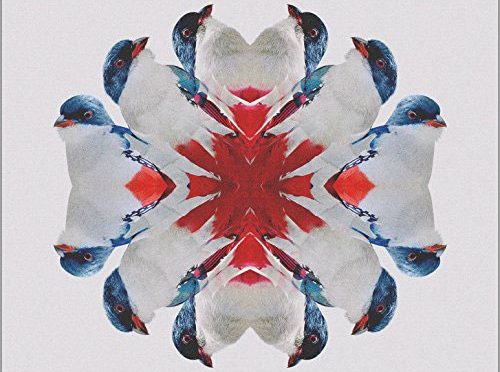Alfredo Rodriguez – Tocororo
Crowding around an LP and contemplating Jazz singing are a thing of the past for today’s youth. Those of us with a passion for Jazz are for the most part left to asking ourselves, as if in honor of a well-known cannon of Jazz vocals that includes Johnny Hartman’s songs with John Coltrane and Nina Simone’s vocals, what a renewed version of the art form would be like.
Ever so often, a new album of Jazz vocals promises a dozen of so songs that will swoon and sometimes do. Songs like that of Gregory Porter’s Blue Note albums are great examples. The problem is always that these new Jazz songs, like most old Jazz vocalist songs, do not seem to be in tune with the synths and sounds of avant-garde Jazz music and most of us who are young of age only associate great Jazz with avant-garde Jazz expression. The thing is that the young of today like John Coltrane, Miles Davis, and even Pharaoh Sanders when it comes to Jazz. Just listen to Kamasi Washington’s album The Epic, a popular Jazz album amongst young listeners, to tune into the phenomenon. Youngsters Ibeyi and Alfredo Rodriguez may have found the right formula on Rodriguez’s new album Tocororo (2016) with the song Sábanas Blancas.
Ibeyi and Alfredo Rodriguez team up for two songs on Tocororo: Yemaya and Sabanas Blancas. Both feature poignant piano playing. Yemaya is a much more lush song than is Sabanas Blancas. Yemaya does not feature any vocals and all we hear is a choir chime along to Yemaya. Sabanas Blancas, on the other hand, is a minimalist composition throughout. The twins of Ibeyi take turns singing a hymn to the Habana, the city that Alejo Carpentier called “the city of pillars” and that is well known for its allure.
It breaks away from its Jazz singing past. What’s great is that Sábanas Blancas does sound like a grand narrative about Habana. Despite it being a hymn to Habana, its instrumentation often abruptly changes trudging its listener along into feeling others sounds. Sábanas Blancas is a fast paced Jazz song and that’s the beauty of it: it understands the senses that a flood of pop music has given birth to and the need to dance away one’s burdens. “Habana / ..” we hear again and again, as if the dawn of a new magnificence.
We can only hope that, like Marcel Duschamp’s Dada toilet or Baudelaire’s modernist poetry, that this marks the beginning of a new tendency in Jazz singing. The vocals of youngsters such as Ibeyi are ripe for Jazz and there are plenty of young composers and composers whose musics’ ethos will match youthful vocals. It’s come time to again sit in small venues and listen to quartets or sextets play along to an unforgettable voice; to Jazz.


